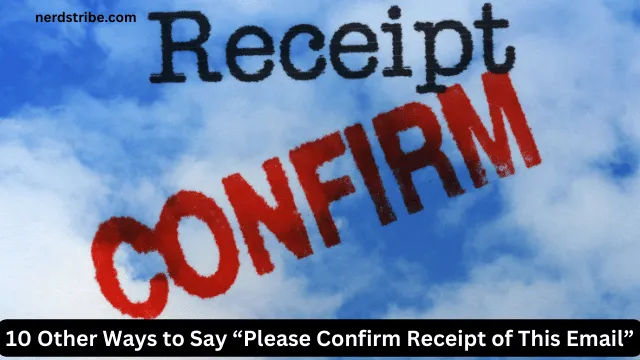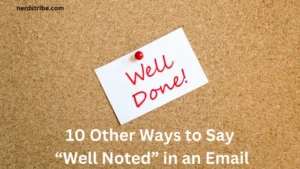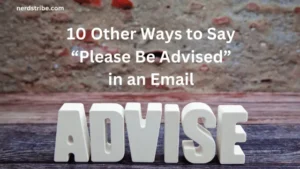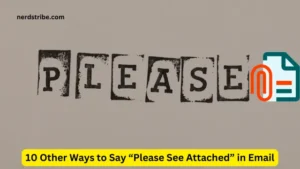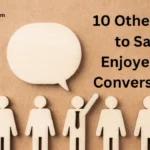In today’s fast-paced digital world, emails are a cornerstone of communication. Yet, one recurring challenge is ensuring that your message is acknowledged promptly. The phrase “Please confirm receipt of this email” has become a staple, but overusing it can make your correspondence feel mechanical or repetitive. Why not explore more creative and professional alternatives?
Acknowledgments are essential for clarity, accountability, and effective follow-ups, whether you’re working on a project, sharing critical updates, or simply checking in. Finding the right words to request confirmation can build stronger relationships and convey professionalism.
If you’re tired of using the same phrase over and over, this blog post is for you. Here, we’ll explore 10 alternative ways to politely and effectively ask for an acknowledgment, ensuring your emails stand out while still achieving your objective.
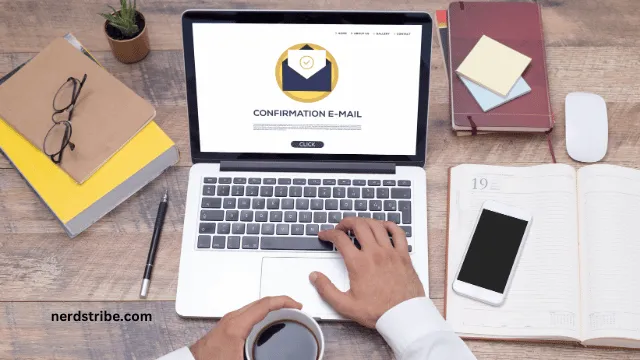
Contents
- 1 1. “Kindly Acknowledge This Email”
- 2 2. “Let Me Know Once You’ve Received This”
- 3 3. “Please Confirm You’ve Received This”
- 4 4. “Could You Let Me Know If This Reached You?”
- 5 5. “Just Checking to Ensure You Got This”
- 6 6. “Can You Confirm Receipt When Convenient?”
- 7 7. “Please Let Me Know If You’ve Seen This”
- 8 8. “Looking Forward to Your Acknowledgment”
- 9 9. “Kindly Confirm That This Email Reached You”
- 10 10. “Let Me Know If You Require Any Clarification”
- 11 Conclusion
- 11.1 FAQs
- 11.2 Why is acknowledgment of emails important?
- 11.3 Are these alternatives suitable for formal emails?
- 11.4 Can I use these phrases in casual emails?
- 11.5 How do I decide which phrase to use?
- 11.6 Should I follow up if I don’t get a response?
- 11.7 Are these alternatives effective for urgent emails?
1. “Kindly Acknowledge This Email”
This alternative is professional and polite, making it suitable for most formal emails.
- Example: “Kindly acknowledge this email at your earliest convenience.”
- Why It Works: It maintains a courteous tone without sounding demanding.
2. “Let Me Know Once You’ve Received This”
This is a casual and conversational way to request confirmation.
- Example: “Let me know once you’ve received this so we can proceed.”
- Why It Works: It feels friendly and approachable, ideal for informal settings.
3. “Please Confirm You’ve Received This”
This alternative is simple and direct, suitable for formal communication.
- Example: “Please confirm you’ve received this document for our records.”
- Why It Works: It’s straightforward and leaves no room for ambiguity.
4. “Could You Let Me Know If This Reached You?”
A softer approach that works well in informal or semi-formal emails.
- Example: “Could you let me know if this reached you without issues?”
- Why It Works: It adds a touch of concern and friendliness to your message.
5. “Just Checking to Ensure You Got This”
This casual phrasing works well for follow-ups or reminders.
- Example: “Just checking to ensure you got this before I move forward.”
- Why It Works: It’s non-intrusive and keeps the tone light.
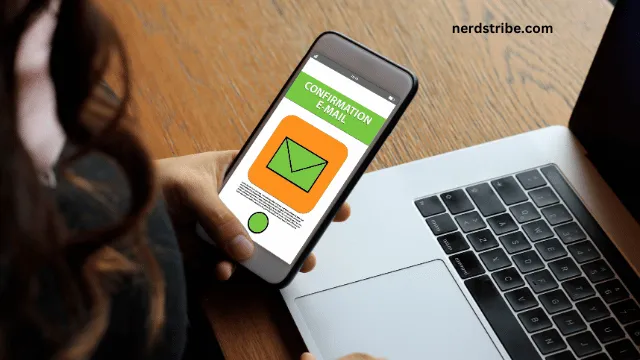
6. “Can You Confirm Receipt When Convenient?”
This phrase is polite and emphasizes flexibility.
- Example: “Can you confirm receipt when convenient? No rush.”
- Why It Works: It shows consideration for the recipient’s schedule.
7. “Please Let Me Know If You’ve Seen This”
This is another casual alternative with a friendly tone.
- Example: “Please let me know if you’ve seen this so we can proceed.”
- Why It Works: It’s straightforward and easy to understand.
8. “Looking Forward to Your Acknowledgment”
This phrase is formal and conveys anticipation for a response.
- Example: “Looking forward to your acknowledgment of this email.”
- Why It Works: It’s polite and creates a sense of importance.
9. “Kindly Confirm That This Email Reached You”
This is ideal for important or time-sensitive communications.
- Example: “Kindly confirm that this email reached you as planned.”
- Why It Works: It’s clear and emphasizes the importance of acknowledgment.
10. “Let Me Know If You Require Any Clarification”
This alternative combines a request for acknowledgment with an offer to help.
- Example: “Let me know if you require any clarification or if this reached you.”
- Why It Works: It shows concern and willingness to assist.
Conclusion
Acknowledging emails is a small but essential part of effective communication. While “Please confirm receipt of this email” is a common phrase, using alternatives can make your messages more engaging, polite, and tailored to the situation. Whether you’re writing to a colleague, client, or partner, selecting the right phrase ensures clarity and professionalism.
Next time you need confirmation, consider trying one of these 10 alternatives. Not only will it refresh your email style, but it will also enhance the way your messages are received. Remember, communication is not just about delivering information; it’s about building connections.
FAQs
Why is acknowledgment of emails important?
Acknowledgment ensures that the message has been received, preventing miscommunication or delays.
Are these alternatives suitable for formal emails?
Yes, many options like “Kindly acknowledge this email” are perfect for formal communication.
Can I use these phrases in casual emails?
Absolutely! Options like “Just checking to ensure you got this” work well in informal settings.
How do I decide which phrase to use?
Choose based on the tone and formality of your email. Tailor your phrase to the recipient and context.
Should I follow up if I don’t get a response?
Yes, if acknowledgment is crucial, a polite follow-up ensures the recipient has seen your email.
Are these alternatives effective for urgent emails?
Yes, options like “Kindly confirm that this email reached you” convey urgency while remaining polite.

